Discover the Primary Factors Contributing to Unpleasant Odours from Your Drains
Unpleasant odours that arise from drains are often caused by the accumulation of trapped food scraps, soap scum, and organic material building up within the pipes. Other significant factors include a dry or malfunctioning water trap, alongside the growth of bacteria in the drain line. To effectively remove these foul smells, it is recommended to flush the drain with a combination of boiling water and vinegar, clean the trap when accessible, and ensure all water seals are adequately maintained. Should the odour persist, enlisting the help of a licensed plumber is essential to uncover any deeper blockages or potential sewer gas leaks.
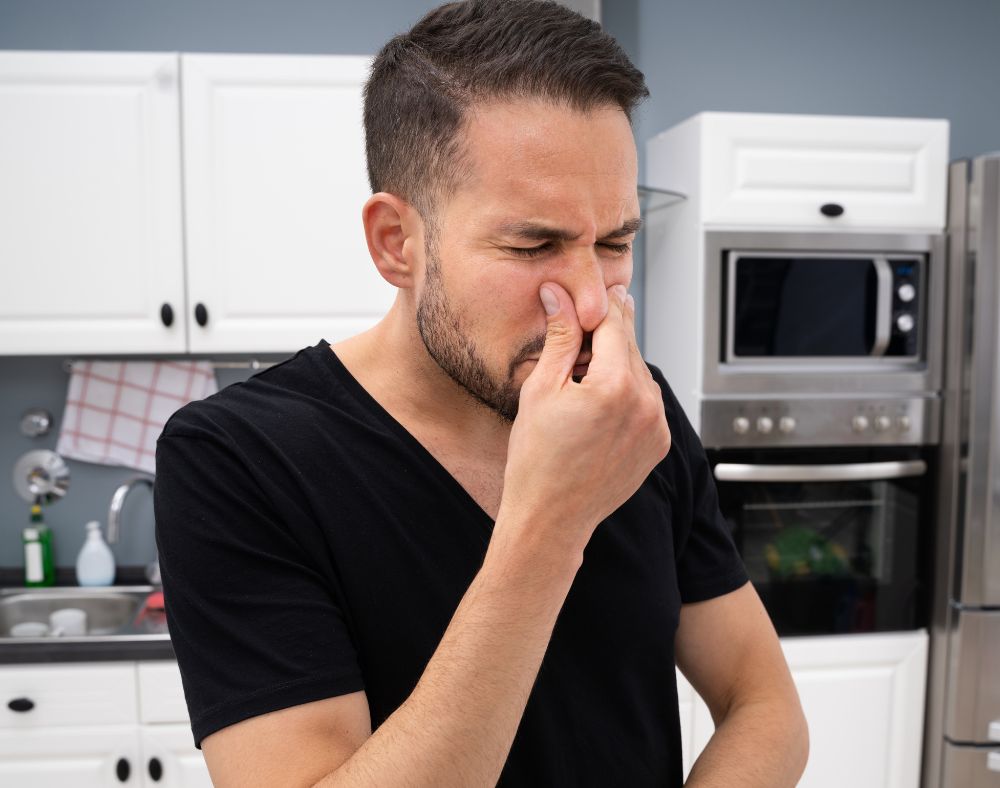
Explore Common Causes of Unpleasant Drain Odours in Wollongong Homes
1. Build-Up of Organic Debris in Your Drainpipes
Over time, remnants of food, soap, grease, and hair can accumulate within the drain system. This organic matter decomposes, creating an ideal breeding ground for bacteria, which leads to unpleasant odours reminiscent of sulphur or musty smells. To effectively combat these organic build-ups and the accompanying unpleasant scents, regular maintenance and cleaning routines for your drains are essential. These proactive measures will contribute to a fresher and more inviting living environment.
2. Problems with the Water Trap (P-Trap or S-Trap)
The drain trap is a vital part of your plumbing system, specifically designed to hold a small amount of water that serves as a barrier against harmful sewer gases from entering your home. Should the trap dry out—often due to infrequent usage—or if it has been improperly installed, harmful gases can escape into your living space, resulting in unpleasant odours. It is crucial to ensure that the trap remains filled with water to maintain a hygienic and odour-free living environment.
3. Obstructions in Vent Pipes
Plumbing vents are essential components for regulating pressure and safely directing sewer gases out of your home through the roof. When these vents become blocked with debris, birds’ nests, or suffer from corrosion, gases may be forced back down into your drains, leading to exacerbated odours. Conducting regular inspections of your vent pipes is necessary to ensure they remain clear and fully functional, thus preventing any odour issues.
4. Deterioration of Pipes
Older plumbing systems, particularly in some suburbs of Wollongong, may have cracked or damaged pipes that can leak gases or allow debris to accumulate in pockets, resulting in stagnant water and unpleasant odours. If you suspect your pipes may be compromised, it’s crucial to seek a professional inspection to avoid further plumbing complications and ensure a healthy home environment.
5. Incorrect Installation of Appliances
DIY installations of appliances such as washing machines or dishwashers can often lead to issues, including the lack of proper traps or incorrectly configured connections. These oversights can allow foul odours to permeate your living space. If you have recently installed an appliance, it’s essential to verify that it has been set up correctly to prevent unpleasant smells from occurring.
Proven DIY Techniques to Eliminate Unpleasant Drain Odours
Thoroughly Flush Your Drain
To effectively address unpleasant odours, pour a generous amount of boiling water followed by a mixture of vinegar and bicarbonate soda down the affected drain. Allow this mixture to fizz and take effect for about 10 to 15 minutes, then flush the drain once again with hot water. This technique helps break down any organic material while effectively eliminating unpleasant smells, ultimately contributing to a fresher and more welcoming environment.
Examine and Clean Your Trap
Whenever possible, remove and thoroughly clean the U-bend trap located beneath your sinks. Be sure to wear gloves and prepare for potentially unpleasant odours, as it may be blocked with hair, sludge, or grease. Regular cleaning of the trap ensures it functions efficiently and helps prevent future odours from developing, significantly enhancing the overall hygiene of your plumbing system.
Restore Water Levels in Your Trap
If a drain has not been utilised for an extended period, such as in a guest bathroom or floor waste, simply pouring a few cups of water into it can effectively restore the water seal. This action is crucial for preventing sewer gases from infiltrating your home and helps keep your environment free from unpleasant smells, thereby maintaining a healthier living space.
Improve Ventilation in Your Area
To assist in dispersing any lingering gases until the problem is resolved, make use of fans or open windows for ventilation. It is advisable to avoid chemical cleaners, as they may cause further corrosion of your pipes. Natural ventilation techniques will help maintain healthier indoor air quality while addressing the odour issue, promoting a fresher living atmosphere.
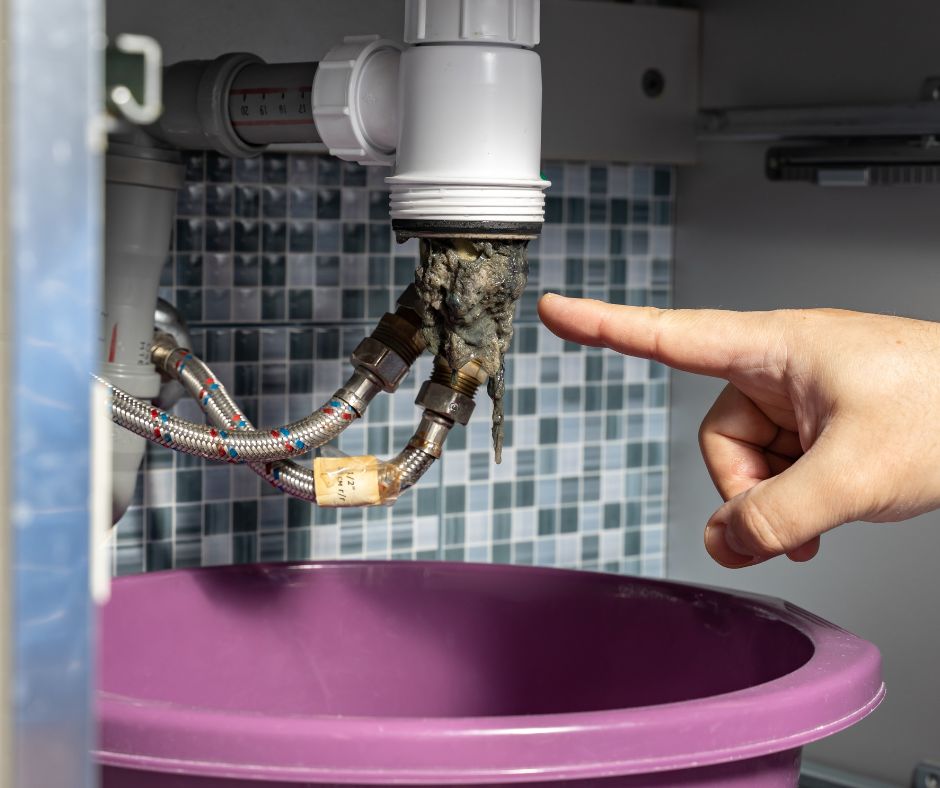
Recognising When to Consult a Licensed Plumbing Professional
If unpleasant odours persist despite your cleaning efforts, or if multiple drains throughout your home are affected, it is crucial to reach out to a professional. Ongoing foul odours may indicate significant issues such as:
- A blocked main drain line that requires urgent attention
- A breach in sewer pipework that could lead to extensive damage
- A faulty or collapsed P-trap that needs replacement
- A ventilation problem within walls or ceiling cavities
A licensed plumber will utilise advanced inspection techniques, such as inspection cameras or smoke testing, to accurately diagnose the underlying cause of your plumbing issues. For homes affected by salt air or aging pipework, we strongly recommend scheduling a thorough drain inspection or considering a pipe relining service to address any potential concerns.
In urgent situations, especially if sewage odours are present in living areas, our emergency plumbing service is available 24/7 throughout the Illawarra region, ensuring you receive prompt assistance to effectively resolve the issue.
Proactive Measures to Prevent Future Drain Odours
- Avoid pouring grease or oils down the kitchen sink
- Regularly clean drain strainers on a weekly basis
- Monthly, run boiling water down your bathroom and laundry drains
- Seasonally flush drains that are used infrequently to maintain water seals
- Schedule an annual plumbing check-up with a trusted local provider
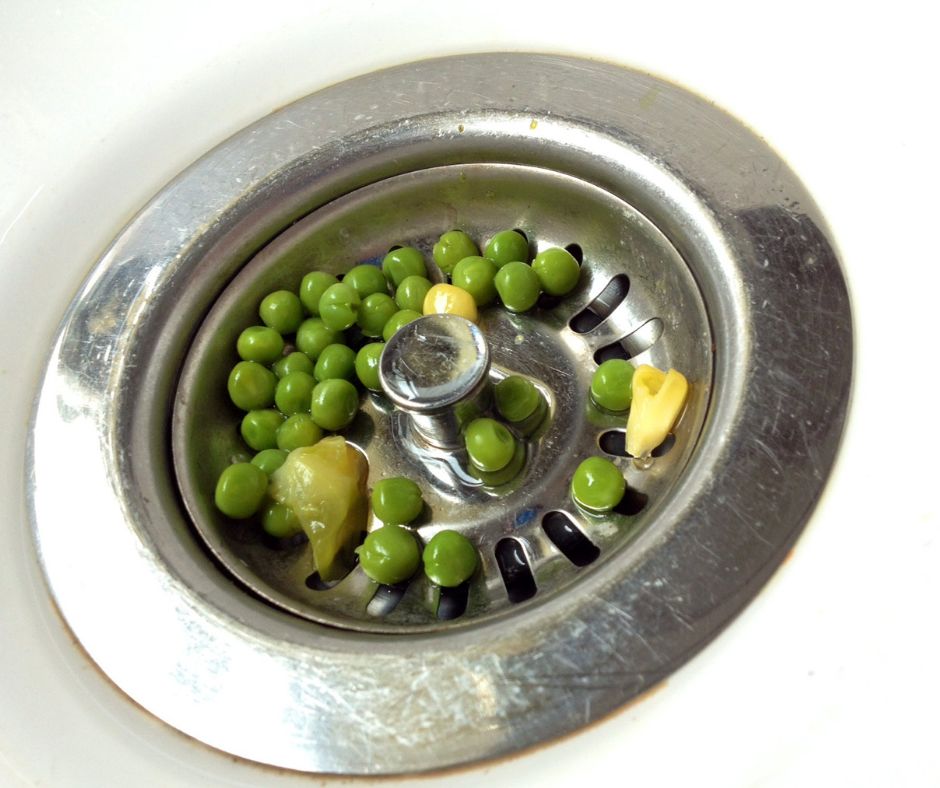
Crucial Advice for Homeowners in Wollongong
The occurrence of unpleasant drain odours is not merely an inconvenience; they can indicate trapped waste, missing seals, or potentially serious leaks and ventilation problems that could escalate into significant health or structural complications. In Wollongong, where a mix of new estates and older homes exists, these odours often arise from simple build-ups but may also signal deeper issues hidden behind walls or beneath concrete surfaces.
It is vital not to simply mask the odour with temporary fixes. Instead, focus on diagnosing the root cause of the problem and effectively addressing it at the source. If your DIY efforts do not yield satisfactory results, trust the expertise of a licensed plumber, such as our team at CS Plumbing Services, who understands the unique characteristics of your home and how to maintain its safety and functionality.
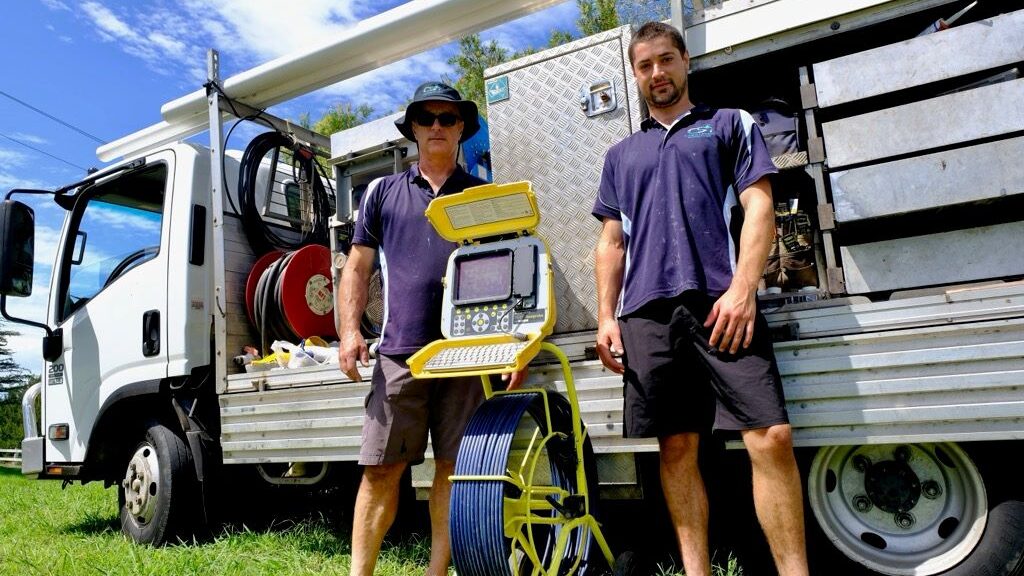
The Article: Drain Smells: Permanent Solutions to Eliminate Odours first appeared on https://writebuff.com
The Article Drain Smells: Effective Ways to Eliminate Odours Permanently Was Found On https://limitsofstrategy.com
References:
Drain Smells: Effective Ways to Eliminate Odours Permanently
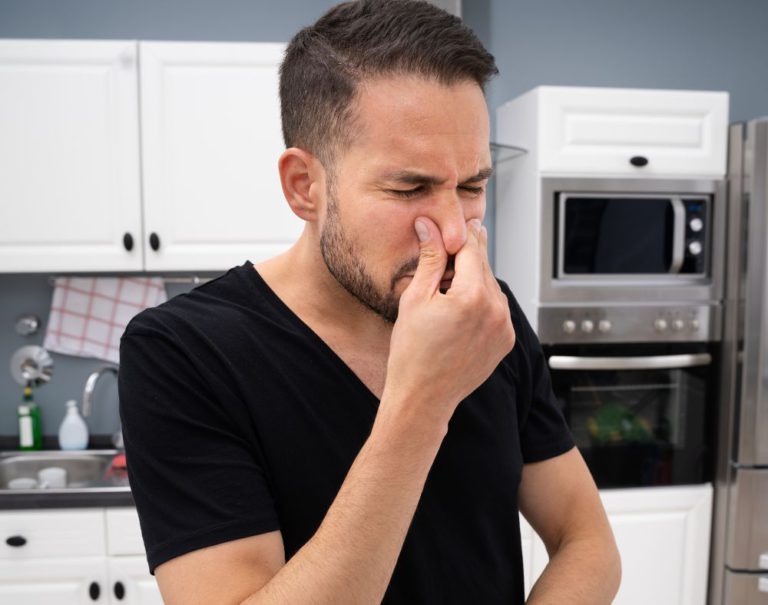


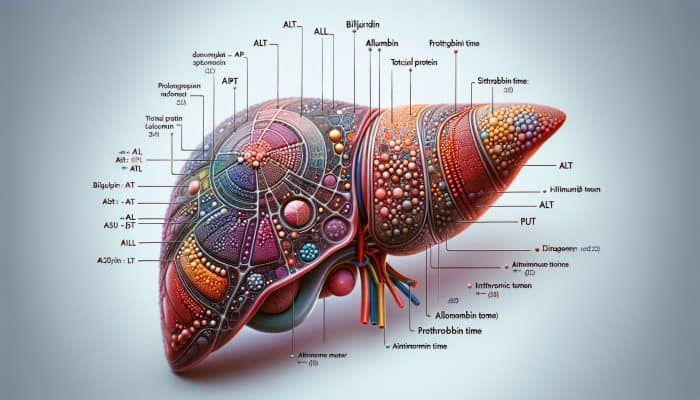
It’s interesting how something as simple as a drain can have such a big impact on our daily lives. I’ve definitely experienced the unpleasantness of drain odours in my own home, and it’s amazing how quickly a single issue can escalate into something more serious if not addressed right away. I remember once ignoring it too long, and it ended up being a significant blockage that required a plumber’s help.